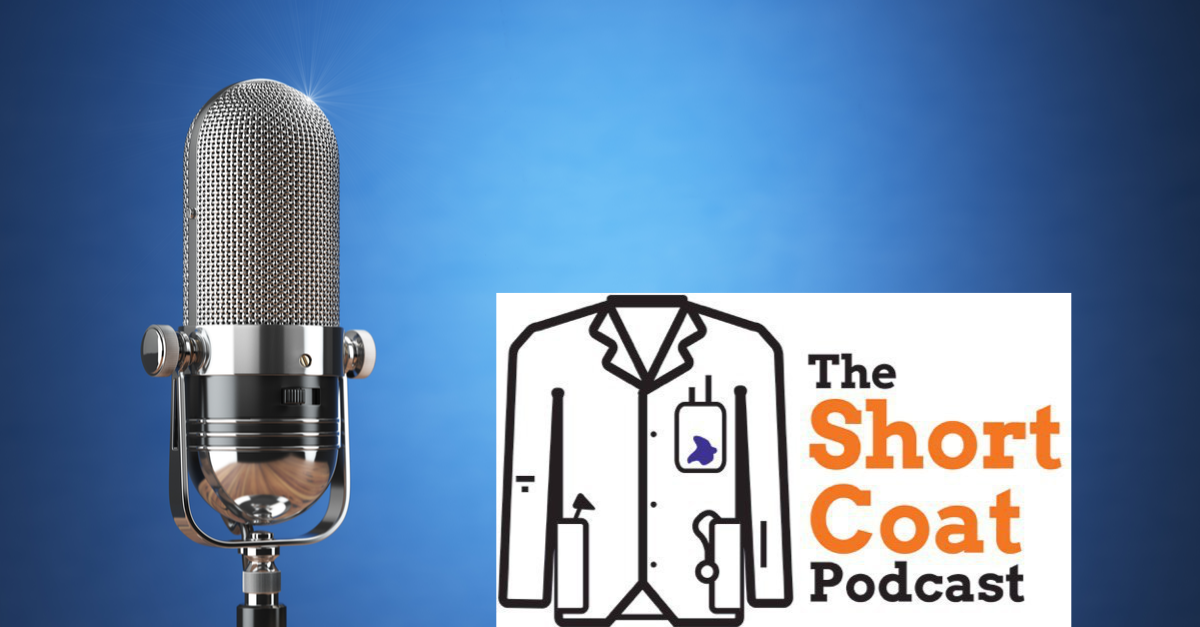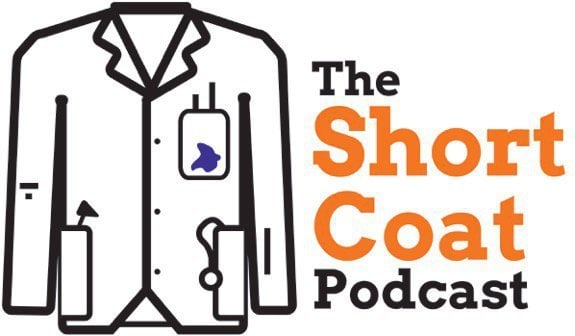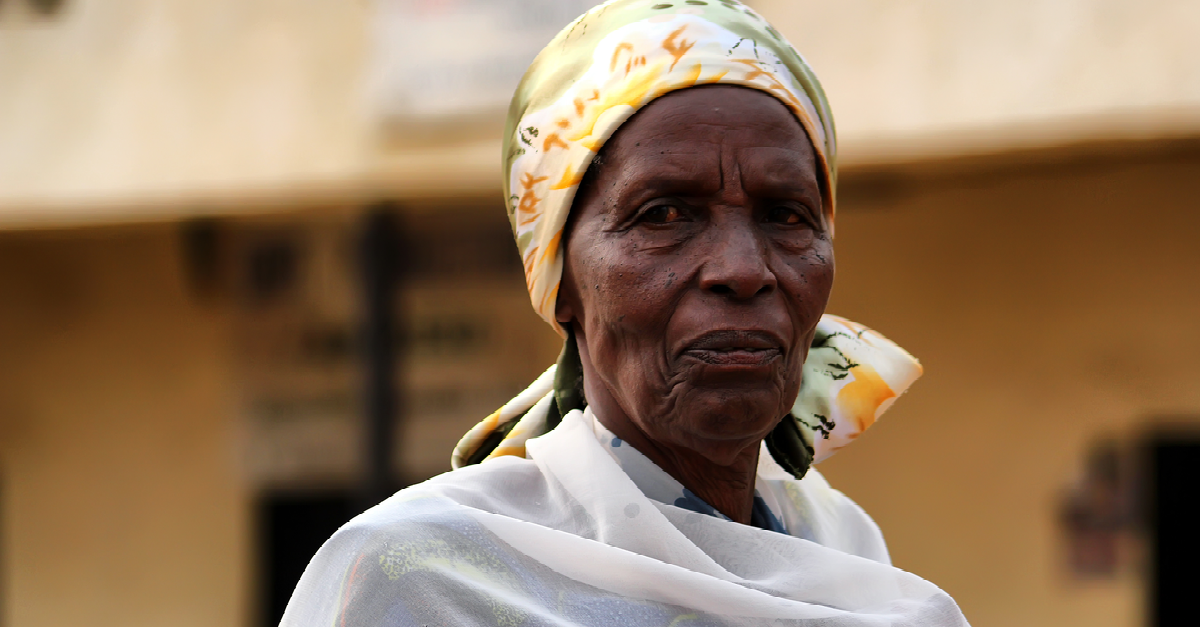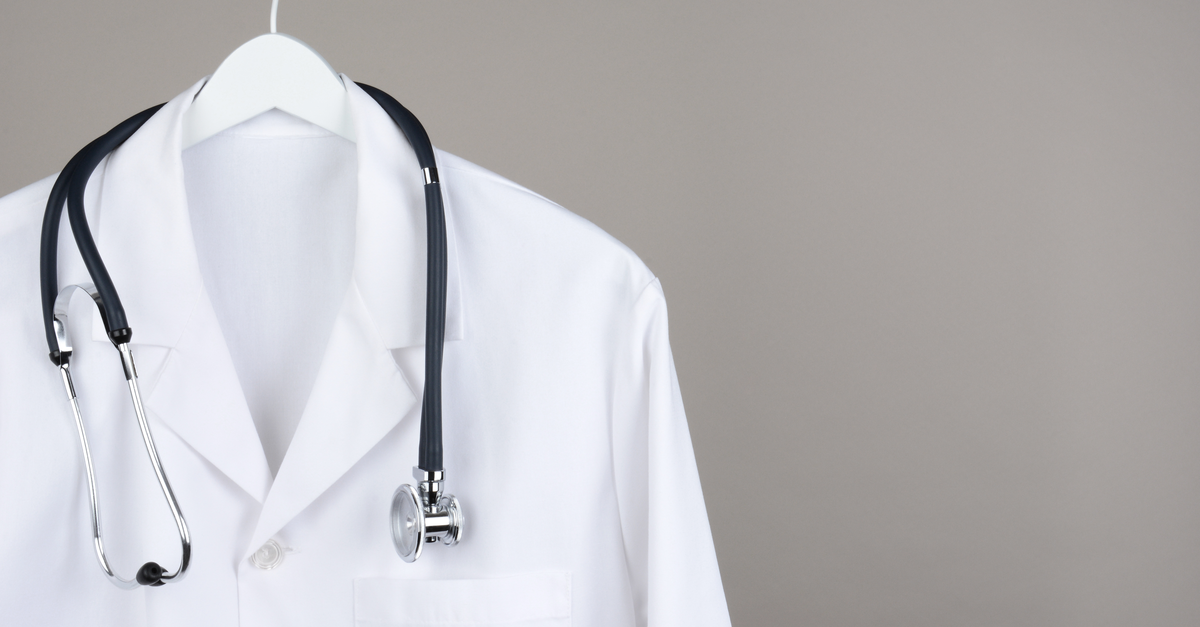More and more students are speaking up about their mental illness struggles
One of the things we Short Coats agree on is that the stigma medical students and physicians face when dealing with mental illness must end. We are people, too, and thus are subject to the full range of human maladies. So when listener Kate reached out to [email protected] to tell us of her University of Michigan classmate Rahael Gupta’s JAMA article addressing her own struggles, Matt Wilson, Marisa Evers, and Gabe Conley could only respond with sympathy and admiration.













